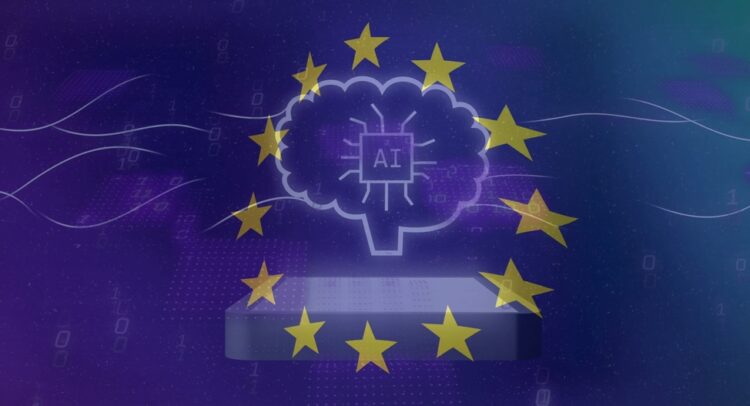Backed by Tech Giants, a New Startup Aims to Become the ‘Operating System’ for Physical Robots

A new heavyweight has entered the AI robotics ring. Genesis AI, a stealthy startup operating out of Palo Alto and Paris, has just secured a massive $105 million in seed funding to build a universal “brain” for robots—a foundation model designed to automate physical labor across every industry.
The funding round was co-led by powerhouse VCs Eclipse Ventures and Khosla Ventures, with a roster of elite investors that includes former Google (GOOG) CEO Eric Schmidt and French billionaire Xavier Niel. Founded in December 2024 by Carnegie Mellon robotics Ph.D. Zhou Xian and former Mistral AI researcher Théophile Gervet, Genesis AI is signaling its ambition to redefine the future of work.
Genesis AI’s Secret Weapon: The Full-Stack Approach
So, how does a young startup plan to solve one of technology’s greatest challenges? Its strategy hinges on a powerful, in-house physics simulation engine.
Instead of relying on expensive and slow real-world data collection, Genesis AI generates vast amounts of high-quality synthetic data virtually. This allows the company to train its robotics AI systems faster and more cost-effectively than competitors who depend on third-party tools. By combining this simulated data with a streamlined pipeline for real robot interactions, Genesis AI aims to make general-purpose robots more flexible, robust, and affordable than ever before.
To accelerate innovation, the company plans to release key components of its model and data engine to the developer community by the end of 2025.
The $30 Trillion Prize
The market opportunity is staggering. According to Genesis AI, over 95% of the world’s physical labor—representing an estimated $30 trillion to $40 trillion in global GDP—remains unautomated. This is the prize Genesis is targeting.
While competitors like Tesla (TSLA) focus on building the hardware (like the Optimus robot) and Nvidia (NVDA) develops modular platforms, Genesis AI is betting its entire strategy on a single, powerful idea: the software-first foundation model will be the defining technology that finally unlocks the robotics revolution.
If successful, its platform could become the universal operating system for a new generation of robots, powering everything from automated warehouses to helpful consumer bots in our homes.


